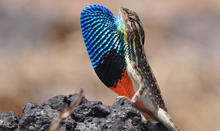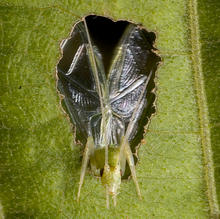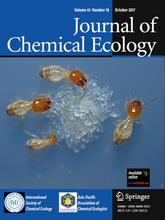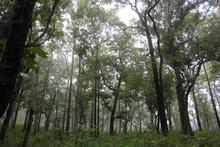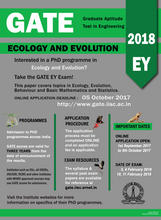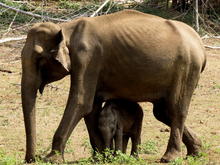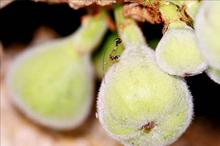Fan-throated lizards of India are a highly diverse group with at least 15 species, possibly caused by climatic shifts around 8–5 million years ago.
Wed, 2017-12-27 16:30Image credit: Deepak Veerappan
Deepak. V (a postdoc) and Praveen Karanth show that fan-throated lizards consist of at least 15 species, with much of the diversification dating back to 8–5 million years and possibly caused by climatic shifts in India in that period. This is one of the few studies that establishes a link between climate change and adaptation in the Indian subcontinent. The study also highlights the importance of the dry zone as centers of biodiversity.

